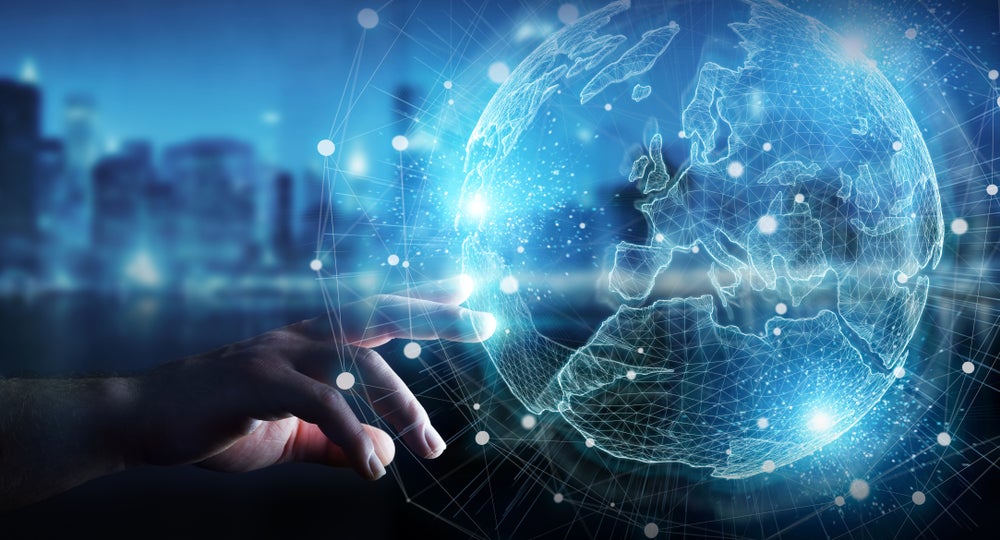
While it has never been easier, for a lot of people at least, to get a bank account, large swathes of people still remain unbanked. According to FairPlanet, there were two billion unbanked people in 2014. This has decreased to 1.7 billion but remains high. Patrick Brusnahan reports
Who exactly is unbanked? According to the University of Birmingham, there were 1.23 million unbanked people in the UK, an all-time low for the country. However, the UK Government described the number as “1.23 million too many”.

Access deeper industry intelligence
Experience unmatched clarity with a single platform that combines unique data, AI, and human expertise.
The Centre for Financial Inclusion found that around 7% of US households lacked access to a bank account in 2018.
While it exists in developed markets, emerging markets have a much bigger problem. According to non-profit FairPlanet, 31% of adults are unbanked. The other 69% have a bank account or mobile money provider, which has increased by 7% in the last five years. 1.2 billion adults have obtained some sort of formal financial account since 2011.
China and India, despite having high account ownership, have huge unbanked numbers due to their size.
China has 225 million adults without a bank account, followed by India (190 million), Pakistan (100 million), and Indonesia (95 million).

US Tariffs are shifting - will you react or anticipate?
Don’t let policy changes catch you off guard. Stay proactive with real-time data and expert analysis.
By GlobalDataWho are the unbanked?
FairPlanet found there are more unbanked women than men in the world; 56% of women are unbanked and 44% of men. Worldwide, about 980 million women do not have a bank account.
The majority of unbanked men (68%) are employed or seeking work. However, 59% of unbanked women are not working at all.
In the Middle East and North Africa, 35% of women, compared to 52% of men, have access to some kind of financial account.
Research from FairPlanet stated: “Beyond labour force participation, women face an array of problems and obstacles to getting financial services, including discriminatory laws and conservative social norms.
“Simple accounts accessed through mobile phones might help thwart some of these barriers.
“Mobile money accounts are often easier to open than traditional bank accounts and they have the added benefit of allowing women to transact from the safety and comfort of their homes.
“Mobile technology and money accounts may help to close the gender gap when it comes to financial equality. However, like anything, further research and data is needed to truly predict what the future holds.”
Globally, approximately a quarter of unbanked adults live in the poorest 20% of households of their economy. This is about twice the share of those living in the richest 20%.
If households were sorted into two groups, half of unbanked adults come from the poorest 40% of households within their countries. The other half live in the richest 60%.
This pattern was the same in many countries where half or more adults were unbanked. Some examples are Colombia, Ethiopia, Indonesia, and Nigeria.
Why are so many people unbanked? FairPlanet found a number of common reasons:
- There is not enough money to open or maintain an account;
- Avoiding financial institutions gives them more privacy;
- They do not trust banks;
- Accounts fees are unpredictable or too high;
- Problems with credit, ID, or former accounts;
- Banks do not meet them at their point of need, and
- Inconvenient hours and locations.
How to help the unbanked
FairPlanet believes the answer to the unbanked issue is blockchain. It states the unbanked can have access to digital payments and remittances through this technology.
Thanks to it being decentralised, distributed and a public digital ledger, information needed for people to set up bank accounts with information being tampered or altered. Smartphones can also be used to aid this process. FairPlanet has even launched its own micropayment solution, SatoshiPay.
“FairPlanet have introduced blockchain micropayments because it seems to them the most promising way to put power in the hands of people, regardless where you live and how much money you have,” says Murat Suner, Co-Founder & Managing Director of FairPlanet.
“With our global network of editors and journalists, financial inclusion is also an essential cornerstone of our exemplary worldwide equal pay policy, ensuring all our colleagues are being paid equally around the globe regardless of their country of residence.”







